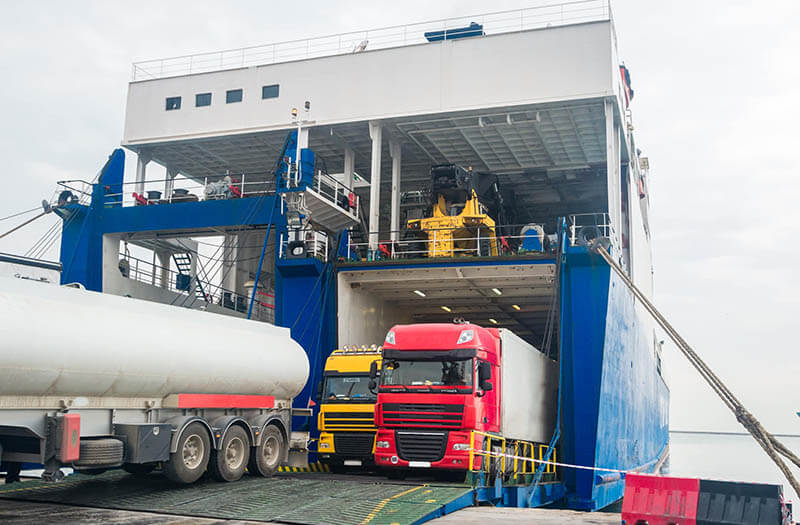In the ever-evolving landscape of delivery services, logistics companies are continuously seeking innovative ways to streamline operations, enhance efficiency, and improve customer satisfaction. One of the key drivers of this innovation is cutting-edge technology. From autonomous vehicles to artificial intelligence AI algorithms, the future of delivery services is being shaped by groundbreaking technological advancements. Autonomous vehicles represent a significant leap forward in logistics. These vehicles, equipped with sensors, cameras, and advanced software, have the potential to revolutionize last-mile delivery. Companies like Amazon and UPS are already experimenting with drone delivery, which promises to drastically reduce delivery times and costs. Similarly, self-driving delivery vans and trucks are being developed to navigate urban streets and highways efficiently. By eliminating the need for human drivers, autonomous vehicles can operate 24/7, ensuring faster and more flexible delivery schedules.

Furthermore, AI-powered algorithms are playing a crucial role in optimizing delivery routes and schedules. These algorithms analyze vast amounts of data, including historical delivery patterns, traffic conditions, and customer preferences, to determine the most efficient routes for deliveries. By constantly adapting to changing variables in real-time, AI algorithms can minimize delivery times and fuel consumption while maximizing the number of deliveries per route. This not only reduces operational costs for logistics companies but also ensures timely deliveries, leading to greater customer satisfaction. Another technology reshaping the future of delivery services is the Internet of Things IoT. IoT devices, such as smart sensors and trackers, enable real-time tracking and monitoring of shipments throughout the delivery process. This not only provides customers with visibility into the status of their deliveries but also allows logistics companies to proactively address any issues that may arise, such as delays or damage to goods. Additionally, IoT-enabled smart warehouses utilize sensors and RFID tags to automate inventory management, reducing the likelihood of stockouts and improving overall efficiency.
Blockchain technology is also making waves in the logistics roro cargo shipping industry, particularly in enhancing supply chain transparency and security. By creating an immutable and transparent ledger of transactions, blockchain enables end-to-end visibility into the movement of goods from the manufacturer to the end consumer. This not only helps prevent fraud and counterfeit products but also ensures compliance with regulatory requirements. Furthermore, blockchain-based smart contracts automate various aspects of the supply chain, such as payments and customs clearance, further streamlining operations and reducing administrative overhead. In addition to these technologies, advancements in robotics are revolutionizing warehouse operations. Automated guided vehicles AGVs and robotic arms are increasingly being used to automate tasks such as picking, packing, and sorting. These robots work alongside human workers, increasing productivity and reducing the risk of injuries in warehouses. Furthermore, advancements in machine learning enable robots to continuously improve their performance over time, adapting to changes in the environment and handling a wide range of products with greater efficiency.
